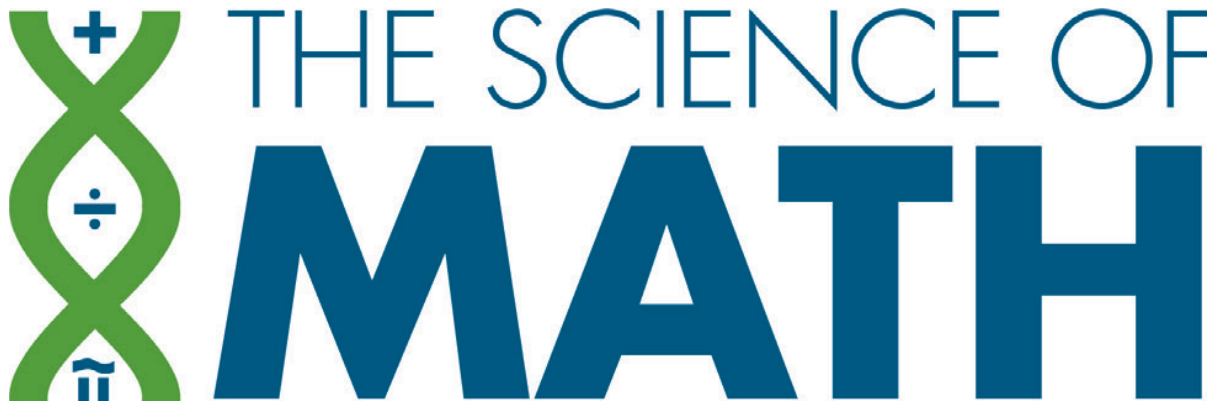
Common Misconceptions: Executive Function is Related to Math Outcomes
MISCONCEPTION
Executive function has a stronger relation to math achievement than other content areas. Some scholars and educators have suggested cognitive measures are helpful for designing individualized interventions.1,2,3 The belief that matching cognitive aptitudes, including executive functions, to plan for academic instruction and interventions persists.
TRUTH
Extensive research on executive function indicates there is no uniqueness in the relationship between executive functioning and math and no evidence that improving executive function leads to increases in academic achievement.4,5

What is Executive Functioning?
The cognitive processes that learners use to self-regulate their thoughts and actions,⁶ which includes working memory, inhibitory control, attention, and planning.⁷
IMPLICATIONS FOR PRACTICE
Address the learning needs of students who struggle by conducting a thorough assessment of their math skills. Identify strengths, areas for improvement, and the skills/concepts students have and have not mastered.
Assess students through curriculum-based assessments, review of classroom math work, interviews of teachers and caregivers, and systematic direct observations of students’ engagement during math compared to other subjects.8
Math Anxiety and Executive Functioning: Webinar Recording
Presenters: Robin Codding and Matthew Burns, and Corey Peltier
Citation: Advocates for the Science of Math (2021). Common misconceptions: Executive function is related to math outcomes. Authors.
(1) Floyd, R. G., Evans, J. J., & McGrew, K. S. (2003). Relations between measures of Cattell-Horn-Carroll (CHC) cognitive abilities and mathematics achievement across the school-age years. Psychology in the Schools, 40(2), 155–171. https://psycnet.apa.org/record/2003-01934-005
(2) Hale, J. B., Fiorello, C. A., Bertin, M., & Sherman, R. (2003). Predicting math achievement through neuropsychological interpretation of WISC-III variance components. Journal of Psychoeducational Assessment, 21(4), 358-380. https://doi.org/10.1177%2F073428290302100404
(3) Hale, J. B., Fiorello, C. A., Kavanagh, J. A., Hoeppner, J. A. B., & Gaither, R. A. (2001). WISC-III predictors of academic achievement for children with learning disabilities: Are global and factor scores comparable?. School Psychology Quarterly, 16(1), 31-55.https://doi.org/10.1521/scpq.16.1.31.19158
(4) Jacob R., & Parkinson, J. (2015). The potential for school-based interventions that target executive function to improve academic achievement: A review. Review of educational research, 85(4), 512-552.https://doi.org/10.3102/003465431456133
(5) Powell, S. R., Hughes, E. M., Peltier, C. (2022). Myths that interfere with mathematics instruction. Centre for Independent Studies. https://www.cis.org.au/publication/myths-that-undermine-maths-teaching/
(6) Carlson, S. M. (2005). Developmentally sensitive measures of executive function in preschool children.Developmental Neuropsychology, 28(2), 595-616. doi: 10.1207/s15326942dn2802_3
(7) Miyake, A., Friedman, N. P., Emerson, M. J., Witzki, A. H., & Howerter, A. (2000). The unity and diversity of executive functions and their contributions to complex “frontal lobe” tasks: A latent variable analysis. Cognitive Psychology, 41, 49-100. doi: 10.1006/cogp.1999.0734
(8) Shapiro, E. S. (2011). Academic skills problems: Direct assessment and intervention (4th edition). Guilford Press.



